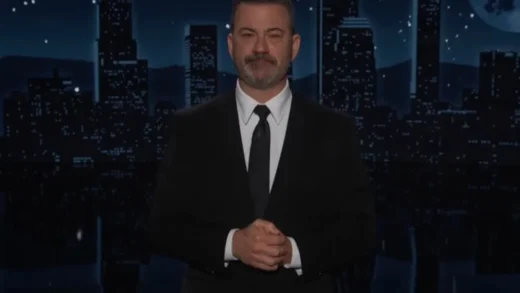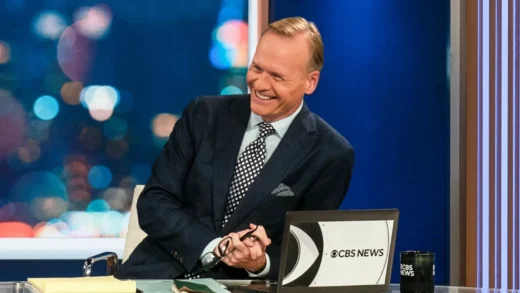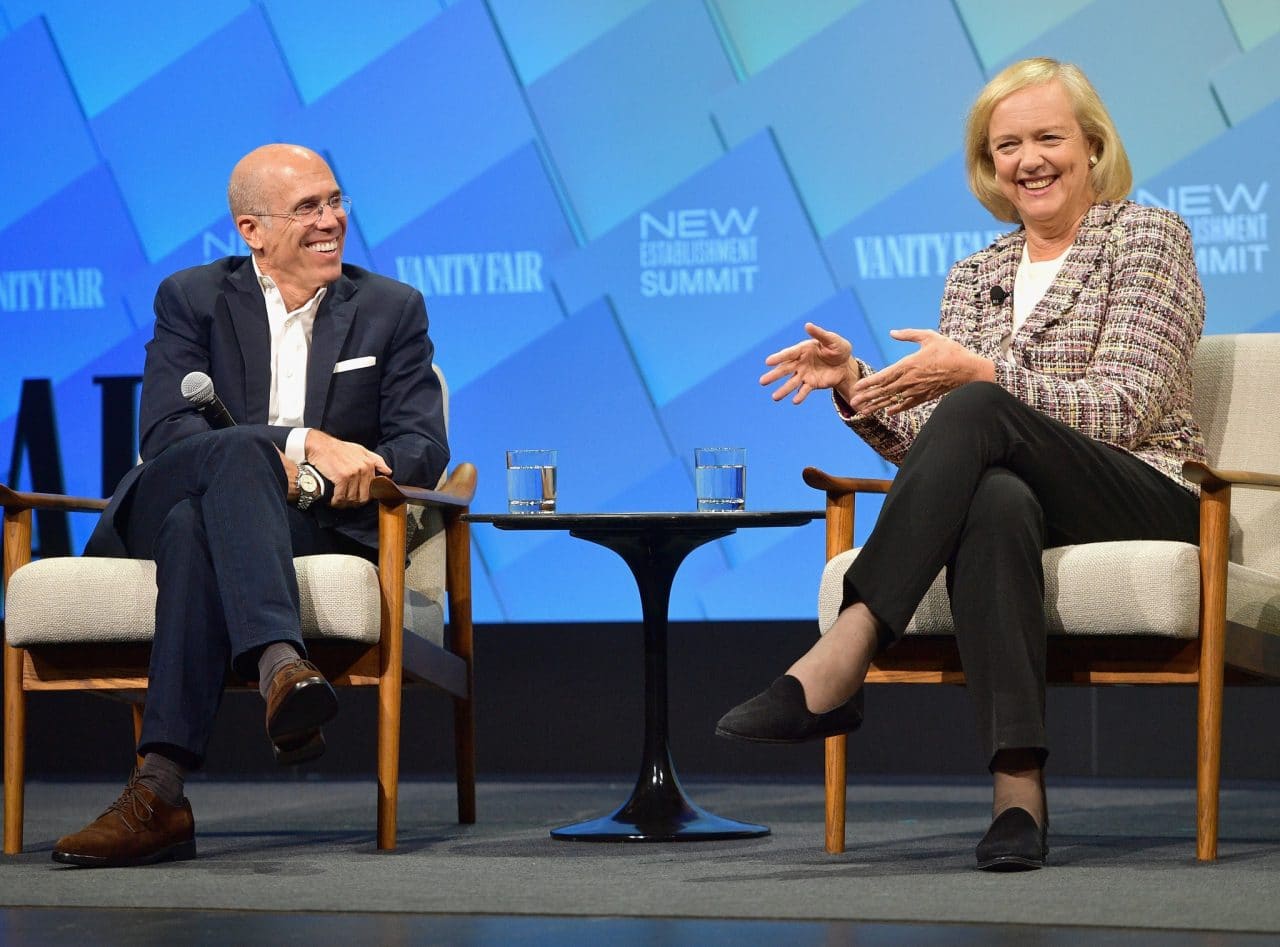They had to cancel the premiere party. But Jeffrey Katzenberg and Meg Whitman have stuck with the April 6 start date of Quibi, the short-form video app for smartphones that they hope will attract millions of subscribers.
After having led some of the nation’s top companies for decades, the two veteran executives have spent the last two years in start-up mode, prodding investors to kick in nearly $1.8 billion while courting producers and stars like Jennifer Lopez, LeBron James, Chance the Rapper, Idris Elba, Bill Murray, Steven Spielberg and Chrissy Teigen. Now Mr. Katzenberg and Ms. Whitman are ready to unveil their ambitious venture right in the middle of a pandemic.
“This is either going to be a massive home run or a massive swing and miss,” said Michael Goodman, a media analyst at Strategy Analytics.
Quibi, a portmanteau of “quick bites,” will offer movies, reality shows and news programs made for the smartphone, with no installment clocking in at more than 10 minutes. The offerings fall into three main categories: movies that will be released in chapters; documentaries and unscripted reality shows; and quick-hit news and sports reports from NBC, BBC, ESPN and others. Fifty shows will be available Monday.
Before the spread of the coronavirus, whenever Mr. Katzenberg and Ms. Whitman made their Quibi pitch, they described it as an on-the-go diversion for anyone standing in line at Starbucks or riding the subway. The pandemic changed the context. With potential customers largely confined to their homes, it will now go up against established platforms like Netflix and Amazon Prime Video that can be watched on any screen, including the living room TV. Quibi works only on the phone.
Ms. Whitman said she wasn’t concerned about the crisis’s effect on the start-up’s chances. “Think about how often you use your phone when you’re homebound,” she said. “People who are home with their children would really like a 10-minute break.”
There is also the question of how much people are willing to spend on streaming at a time when nearly 10 million are out of work. Entertainment options have also expanded while Mr. Katzenberg and Ms. Whitman were building their app with 267 employees in an open-floor office in Hollywood. The Walt Disney Company and Apple joined the streaming party in November, with Disney Plus and Apple TV Plus, and TikTok, filled with short homemade videos, had a spectacular rise, hypnotizing the young viewers Quibi hopes to attract.
Under those circumstances, Quibi (rhymes with “libby”) announced last month that it would be free for its first three months. After that, the cost will be $5 a month with ads and $8 without. Shortly after the announcement of the introductory offer, the company canceled its premiere party, which was expected to draw 150 celebrities among its 1,500 guests, because of the pandemic. But delay the launch? No way.
(Excerpt) Read more in: The New York Times





